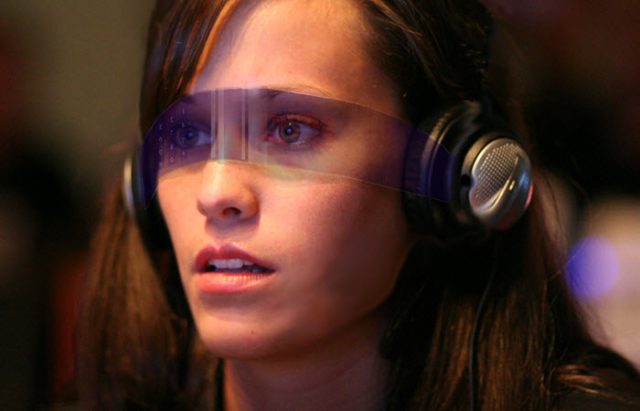How Augmented Reality Is Changing The Game
By Brian Wallace
July 13, 2017 • Fact checked by Dumb Little Man

When was the last time you went out to upgrade your smartphone? When you did, you probably had the option to purchase a virtual reality headset.
Anybody with a smartphone and a VR headset can play virtual reality games and enjoy virtual reality programming. With how entertaining it is, it's no surprise how it became a growing market.
Money Is Being Poured Into Development
Last year alone, developers poured $700 million into the development of virtual reality technologies and applications. They are applicable to almost everything- from real estate to the classroom.
If you have a classroom that lacks tools and equipment to conduct biology experiments, students can still get a virtual reality version of a lesson for a fraction of the cost. If you have real estate clients coming in from out of town, they can narrow their selections down and save time using virtual reality tours.
But, what’s more impressive is how fast advances are being made in augmented reality. Compared to the $700 million spent on developing virtual reality in 2016, $2.3 billion was spent developing augmented reality.
There are some important differences in the two technologies and there’s a good reason why developers are wanting to push augmented reality further.
Let's take a closer look.
What’s The Difference: Augmented Reality VS Virtual Reality

Virtual reality turns the world into your screen. It meshes your current environment with a virtual one. Unfortunately, users won't be able wear it while they are driving or walking.
Augmented reality, on the other hand, provides users with a hands-free way to interact with a map while driving or following along with a cooking show. This technology will give business people the ability to have meetings with people from across the world. It can greatly improve business relationships.
Augmented reality works with a headset, haptic feedback and binaural audio to give users the most life-like virtual environment possible. While haptic feedback technology is still in its infancy, one day it will be possible for you to interact with an artificial environment with a stunning sense of reality. The end product will be intuitive and hands-free.
The Future Is Looking Bright For These Technologies
In just five years, both industries combined should be able to reach $108 billion. What’s most surprising about the breakdown is that a 79% majority – $83 billion – is expected to be driven by augmented reality.
Advances in machine vision and optics are going to be the priority. Programs will need to be able to identify surroundings in order to blend the experience seamlessly. Optics needs to produce convincing facsimiles of whatever experience users are trying to achieve.
The technology will also have to be able to adjust to a user’s position, called world locking. It also needs to be able to understand natural human speech and cues. Currently, these technologies are being utilized and perfected in the gaming world.
How Will You Use Virtual Reality And Augmented Reality?
Think back to the days of Nintendo’s Virtual Boy.
Clearly, gaming has always been one of the biggest frontiers for virtual reality technology and it continues as such today. But, if you’re not a gamer, how will you integrate these emerging technologies into your life?
There’s a good chance you will encounter these technologies in a school or business setting sooner than you think. In fact, your first augmented reality conference call is probably right around the corner.
Learn more about augmented reality vs virtual reality from this infographic!
Brian Wallace
Brian Wallace is the Founder and President of NowSourcing, an industry leading infographic design agency based in Louisville, KY and Cincinnati, OH which works with companies that range from startups to Fortune 500s. Brian also runs #LinkedInLocal events nationwide, and hosts the Next Action Podcast. Brian has been named a Google Small Business Advisor for 2016-present and joined the SXSW Advisory Board in 2019.



